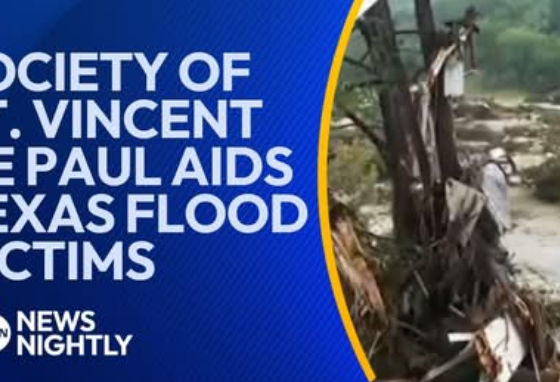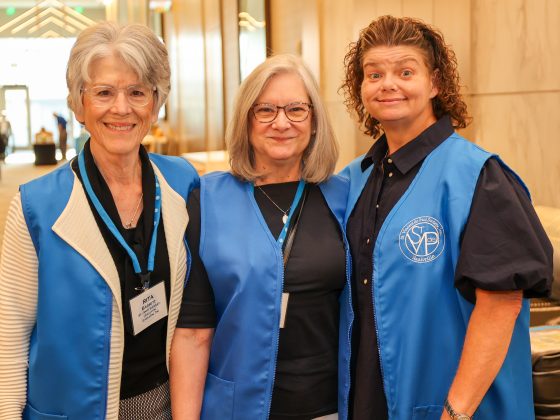One of the central activities of the Conferences and Councils of the Society is formation. Because we often use this word as a synonym for “training” we can begin to think of it as an isolated event, something to check off on a list when we join the Society or enter into specific positions. But formation is not a single event – it is a lifelong journey of becoming…of becoming what?
As Vincentians, we have chosen a specific way of being Catholic, and this way, this vocation, forms us. The Foundation Document on Vincentian Formation, adopted by the Society more than twenty years ago, suggests four different dimensions of formation, closely mirroring the areas outlined in Pastores dabo vobis, an apostolic exhortation on the formation of priests.
Our human formation, the basis for all formation, begins with our actions, which are shaped by our virtues. We become by doing, we build habits of virtue in order to become virtuous. For Vincentians, these include the Cardinal Virtues, the Theological Virtues, and our Vincentian Virtues.
Our spiritual formation has to do with the transcendent aspect of our nature; the aspect in which we are truly made in God’s image. Our spiritual formation reminds us that we are created to live in community. The model of the Holy Trinity reminds us that the eternal life is a shared life, and that our path to it is also shared. As Vincentians, we pray and reflect together often. Our spiritual reflections and prayers in each Conference meeting are a vital part of our ongoing formation. Our individual prayers, retreats, Mass – and prayers shared with the neighbor are all part of our spiritual formation. We journey together towards holiness. [Rule, Part I, 2.2]
Our training falls within our intellectual formation. The efforts we make to learn the practical aspects of our vocation, to learn about poverty, and about specific works and programs. But our intellectual formation also demands that we take the time to read about our heritage, the words and deeds of our saints and blessed, as well as to devote time to personal study of Holy Scripture.
Finally, ministerial formation comes from a commitment to our vocation as mission, accepting our service as a means to our growth, and remaining open to all ways to serve, including servant leadership.
Our particular way of being Catholic, our particular process of becoming, is our Vincentian vocation. We follow, in every part of our lives, our Vincentian pathway towards becoming what Christ calls us to be, “perfect, just as your heavenly Father is perfect.”
Contemplate
In what way was I formed today? How did I grow closer to holiness?



